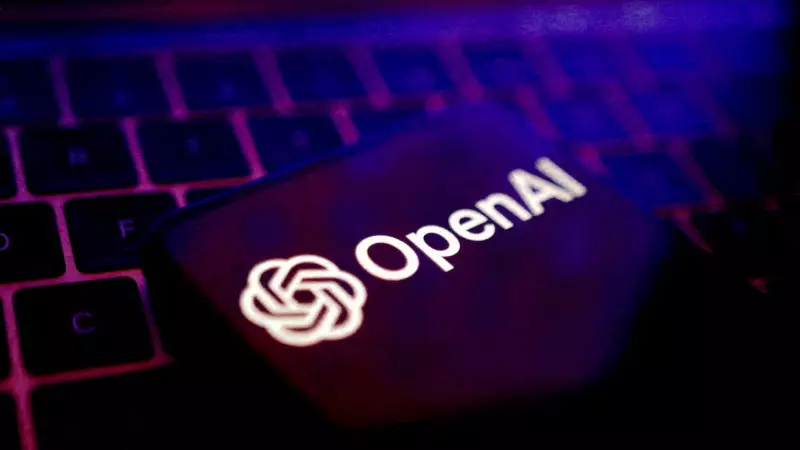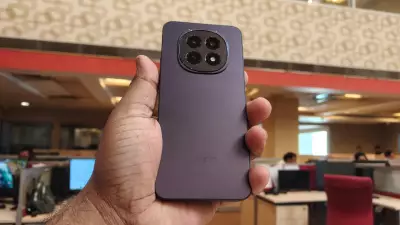
OpenAI Expands Into Healthcare With New AI Tools
OpenAI, the creator of ChatGPT, is actively considering entering the consumer health technology space with new products that could include a generative AI-powered personal health assistant. This strategic move represents a significant expansion beyond the company's core artificial intelligence offerings as it responds to growing user demand for medical guidance through its popular chatbot platform.
Strategic Healthcare Hires Signal New Direction
The healthcare initiative follows several key executive appointments that demonstrate OpenAI's serious commitment to this sector. In June, the company brought on Nate Gross, cofounder of the physician network Doximity, as its head of healthcare strategy. This was followed by the August hiring of former Instagram executive Ashley Alexander as vice president of health products, adding significant product development expertise to the healthcare team.
During the HLTH conference in October, Gross revealed that ChatGPT now attracts approximately 800 million weekly active users, with many turning to the AI assistant for medical advice and health-related queries. This substantial user base seeking healthcare information presents both an opportunity and responsibility for the company as it considers developing specialized health tools.
Learning From Tech Giants' Healthcare Challenges
OpenAI's healthcare ambitions come despite mixed results from other technology giants who have attempted similar ventures. Google previously shut down its health record service in 2011 due to limited user adoption, while Amazon recently wound down its Halo fitness tracker business in 2023. Microsoft's HealthVault platform also failed to achieve widespread consumer adoption, highlighting the challenges in the digital health space.
According to sources close to the company who spoke with Business Insider, OpenAI is currently weighing various approaches to consumer health products. The company declined to comment on the specific report about its health technology plans when approached for confirmation.
The potential development of a generative AI-powered health assistant represents one of the most ambitious applications of artificial intelligence in healthcare to date. Such technology could help users manage their health information, provide preliminary medical guidance, and potentially integrate with existing healthcare systems, though regulatory considerations and accuracy requirements would present significant hurdles.






